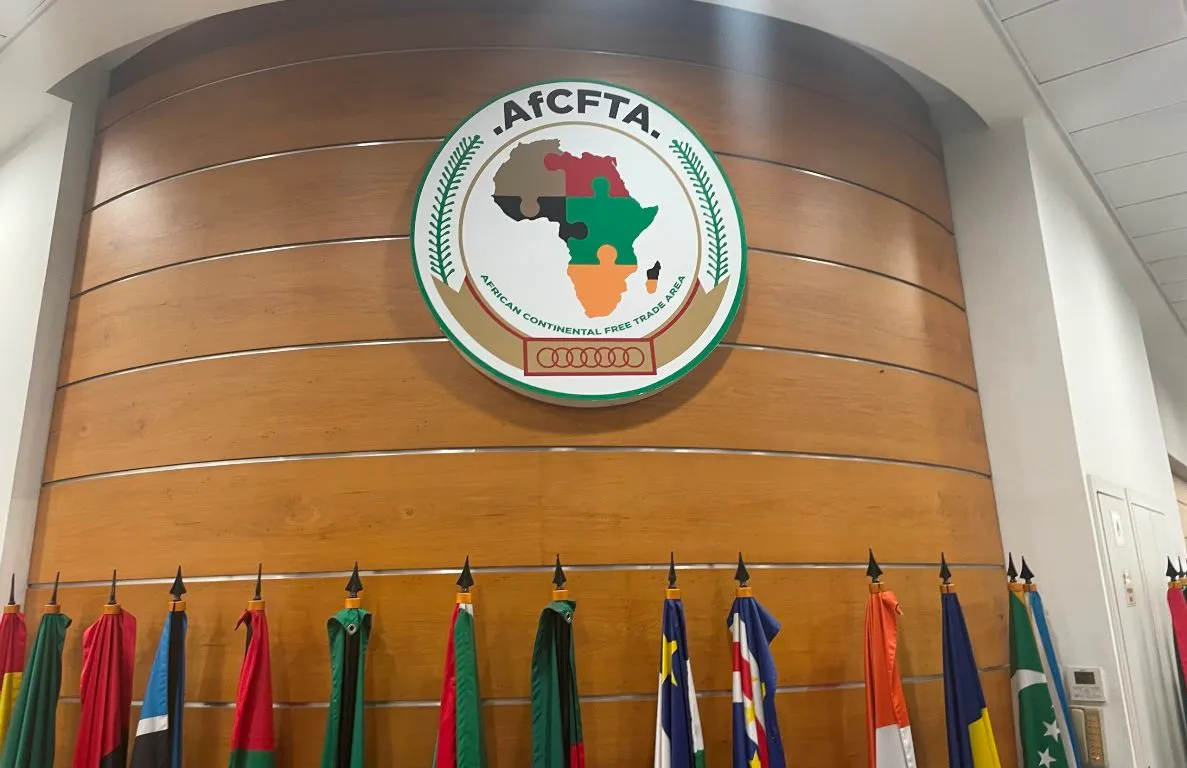The Secretary General of the AfCFTA Secretariat, Wamkele Mene, has called for a major shift away from the use of the US dollar in trade among African countries, describing the current reliance as both inefficient and unsustainable.
Speaking on Wednesday at the 2025 Afreximbank Annual Meetings in Abuja, Mene underscored the importance of using local currencies for cross-border transactions to deepen economic integration and boost intra-African trade.
“Africa must reduce its reliance on the dollar; we must use our own currencies. We must ensure the economic sovereignty of our continent and guard ourselves against ever-shifting global geopolitical tensions that affect payment systems,” he stated.
Mene reiterated that economic sovereignty is crucial to the long-term success of the AfCFTA, particularly amid global uncertainties that often disrupt foreign exchange markets and international payment systems.
He also highlighted the vital role of the African Export-Import Bank in building the financial and institutional structures necessary to advance the AfCFTA’s objectives.
“Without the support of Afreximbank, the AfCFTA will not succeed. It requires trade finance tools, support for industrial development, green trade, and green industrialisation,” he said.
Afreximbank, in collaboration with the AfCFTA, has launched the Pan-African Payment and Settlement System — a unified platform that enables efficient cross-border payments in local currencies across the continent.
The system is designed to cut transaction costs, eliminate currency conversion challenges, and reduce Africa’s exposure to global monetary fluctuations.
Last month, Nigeria launched the AfCFTA Air Corridor, a strategic initiative designed to enhance market access and reduce export costs for Nigerian businesses.
The corridor connects Nigeria to major African markets—including Kenya, Uganda, and South Africa—via Uganda Airlines.
Minister of Industry, Trade and Investment, Dr. Jumoke Oduwole, stated that the new air route cuts logistics costs for Nigerian exporters by 50% to 75%, creating broader opportunities within the continental market.
The corridor is set to support the export of products like textiles, cosmetics, and agricultural goods, reinforcing Nigeria’s integration into AfCFTA trade and boosting its competitiveness across African markets.










